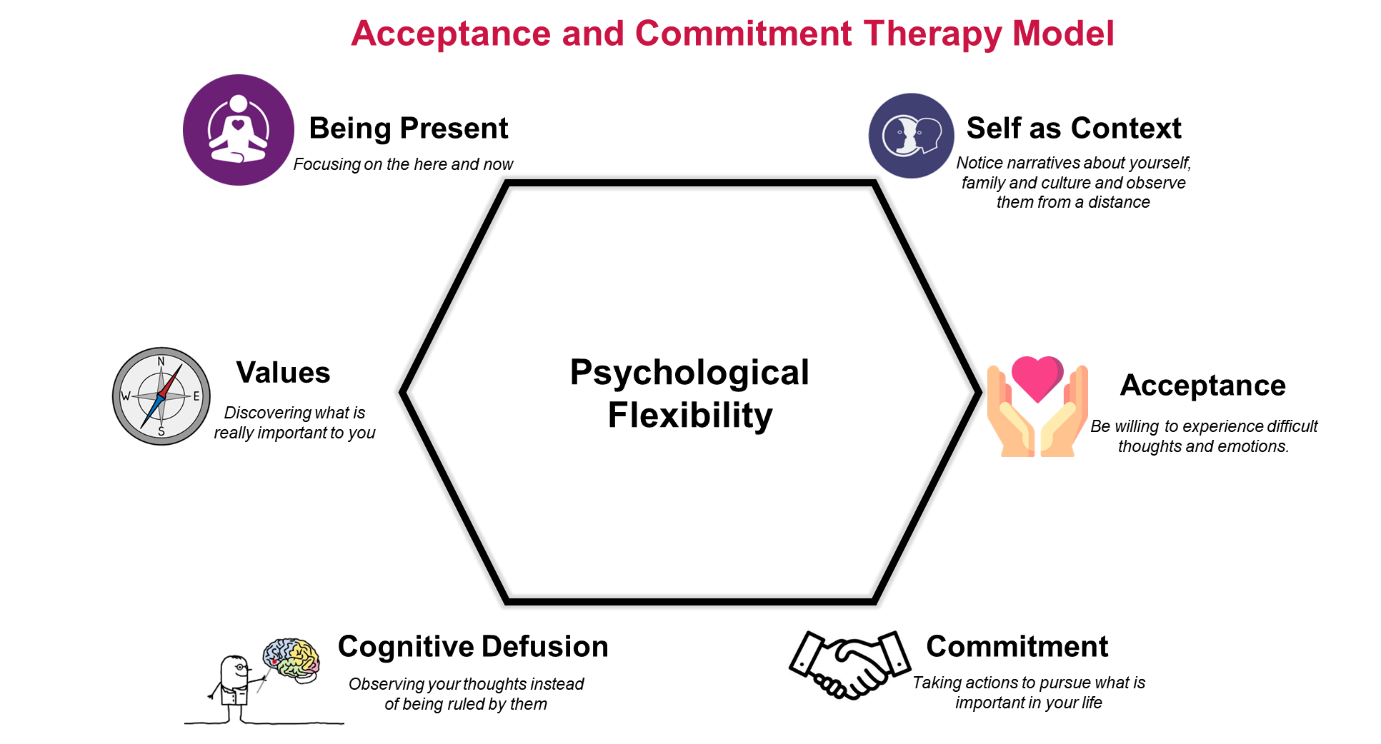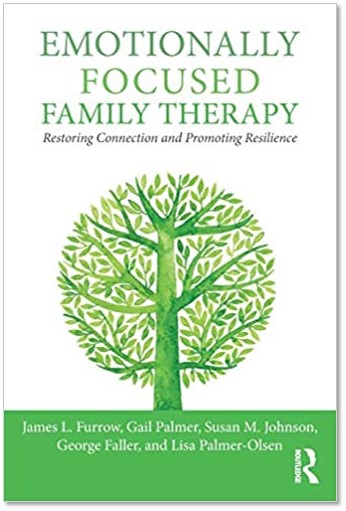What is the Blue Sky Project?
The Blue Sky Project is a joint project between Telford EPS and Telford Strengthening Families to support young people who have not returned to education since Covid.
The Blue Sky project is a systemic family based therapeutic approach to supporting children who are demonstrating persistent and long term school avoidance or those who have not returned to education from impact of covid-19. Through intensive work with families identifying anxiety and avoidance cycles, the project will aim to support children taking committed action to re-integrate into their family, community and education.
The approach is built on therapeutic approaches with families to understand relationships, dynamics and cycles of avoidance that contribute to school avoidance. The model is informed by Acceptance and Commitment Therapy, which allows individuals and family to acknowledge emotions experiences and accept them, while creating behavioural change through taking committed action to their values. ACT is a transdiagnostic model, meaning it is driven to understand the accounts of general human condition rather than seeing problems as a deficit. Additionally, the project draws from Emotionally Focused Family Therapy (EFFT), which explores family relationships and dynamics and how families can heal relationships and thrive together.
Strengthening family workers will work with families for 15-20 sessions through a four phased process, leading to a plan of graduated exposure and a return to school for the young person.
The blue sky project is being lead by our assistant psychologist. Find more information here.







